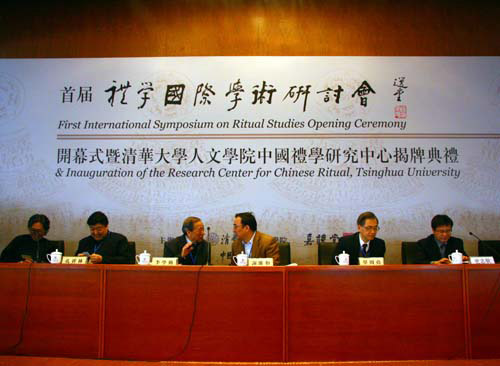Dao: A Journal of Comparative Philosophy has an annual best essay award. The award comes with a check of $1,000 and a certificate; the award winning essay will be set for free access; and a special panel will be arranged at APA Eastern Annual Meeting, whether the the check and the certificate will be awarded, together with a critical discussion of the award-winning essay.
At the beginning of each year, a selection committee of three editorial board members of the journal is formed to select three best essays published in the journal in the past year. These three essays are then sent to the whole editorial board for evaluation. The final selection of the best essay is made by a vote of the whole editorial board.
We have just finished this process of selecting the best essay published in our journal in 2011, and Edward Slingerland’s essay, “Metaphor and Meaning in Early China,” published in Dao (2011) 10:1–30, wins the award. The article is for free access at:
http://www.springerlink.com/content/tn037270p11644vj/fulltext.pdf
Here is the official citation:
This is a ground-breaking essay. Slingerland debunks a fairly common assumption that Chinese way of thinking is metaphoric, while the Western way of thinking is logical, an assumption shared by both earlier Orientalists, who claimed the superiority of the Occidental, and more recent “reverse Orientialists,” who claim the superiority of the Oriental. In contrast, using his expertise in contemporary cognitive sciences, Slingerland argues convincingly that metaphor is a universal and fundamental feature of human cognition. What makes the Chinese way of thinking unique is thus not that it is metaphoric but that early Chinese thinkers were more self-aware of the metaphoric nature of language, while modern Western thinkers are more self-deluded about what they are doing. The essay as a whole is thus original in its interdisciplinary, comparative, and philosophical natures. It is the type of work that Dao aims to promote.


